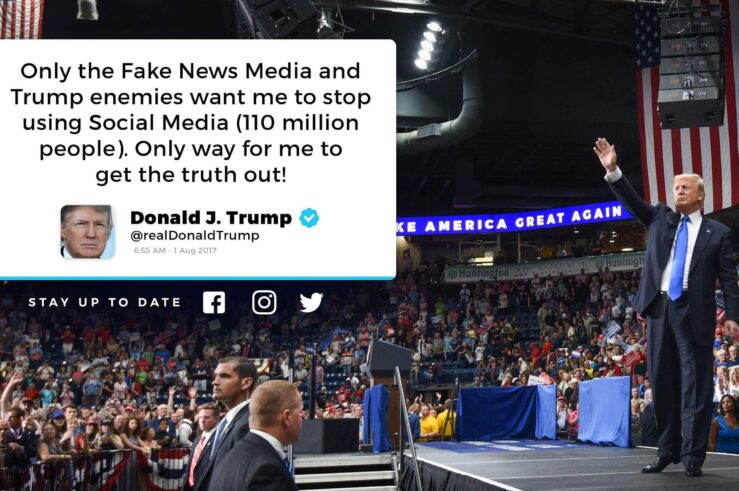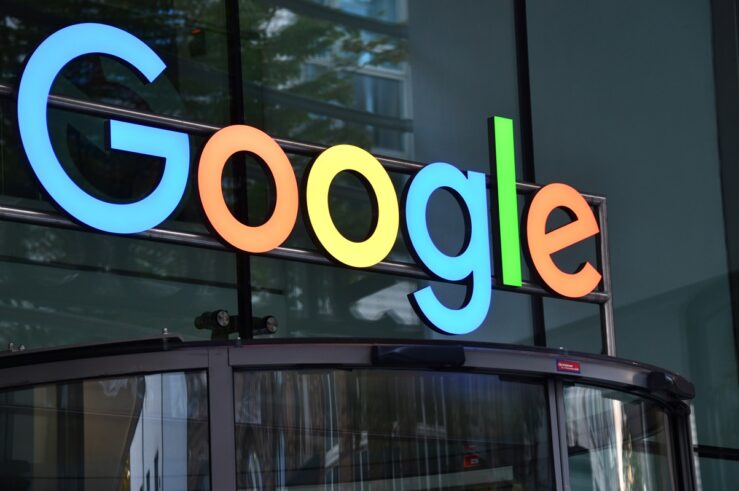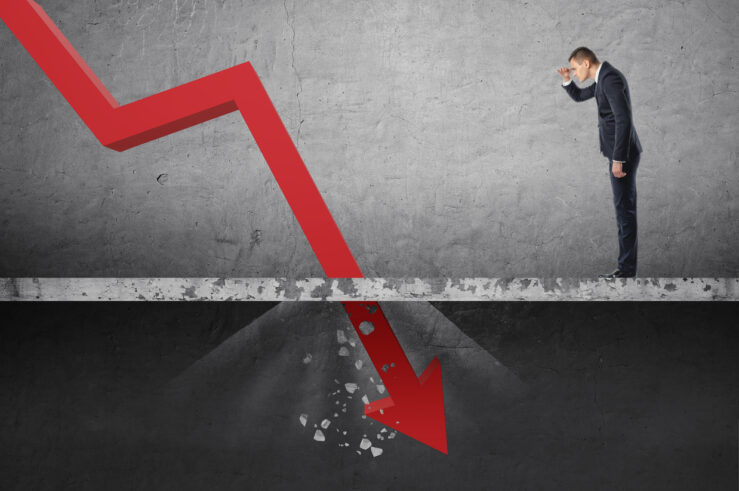Showing results for: “digital markets act”
There’s nothing “conservative” about Trump’s views on free speech and the regulation of social media
Yesterday was President Trump’s big “Social Media Summit” where he got together with a number of right-wing firebrands to decry the power of Big Tech to censor conservatives online. According to the Wall Street Journal: Mr. Trump attacked social-media companies he says are trying to silence individuals and groups with right-leaning views, without presenting specific ... There’s nothing “conservative” about Trump’s views on free speech and the regulation of social media
On rigged(?) markets, casinos and Steve Bainbridge
Greetings loyal fans (i.e., “hi mom”) (actually, I’ve made this gag before, and so I think it’s time to set the record straight:  My mom has almost certainly — nay, certainly — never, ever read this blog. I’m pretty sure she has no idea what a blog is at all. She may not even be ... On rigged(?) markets, casinos and Steve Bainbridge
Trade Promotions in High Tech
As one of the few economic theorists in this symposium, I believe my comparative advantage is in that: economic theory. In this post, I want to remind people of the basic economic theories that we have at our disposal, “off the shelf,” to make sense of the U.S. Department of Justice’s lawsuit against Google. I ... Trade Promotions in High Tech
The myth of government protection of financial markets
With all the calls for more government supervision of financial markets it’s healthy to keep in mind what the public actually gets from this costly supervision. In many previous posts (e.g., here, here and here) I summarized the SEC’s egregious incompetence in missing the Madoff fraud. When private firms mess up they get sued and punished ... The myth of government protection of financial markets
Why Roberts’ Tax Reasoning Ultimately Damns the Affordable Care Act (But Not in a Good Way)
There’s great irony in Chief Justice Roberts’ reasoning in the recent Affordable Care Act ruling. In reading the ACA to impose a tax for failure to carry health insurance, thereby assuring the Act’s constitutionality, Justice Roberts also doomed the Act to failure. Let me explain. As the government repeatedly stressed, the individual mandate (now interpreted as a disjunctive order either to carry health insurance ... Why Roberts’ Tax Reasoning Ultimately Damns the Affordable Care Act (But Not in a Good Way)
Where do We Stand on The Empirics of Affirmative Action?
Has the empirical question of whether affirmative action harms blacks been answered with a resounding no? Paul Butler thinks so. In a post about UCLA Professor Richard Sander’s next installment of research, Butler writes: UCLA law professor Richard Sanders has done it again. He wrote an article a few years ago making the claim that ... Where do We Stand on The Empirics of Affirmative Action?
Time to Confront Bias Against Patent Owners in Patent “Reform” Legislation like the VENUE Act
Last March, I published an op ed in the the Washington Times on the proposed VENUE Act, a recently introduced bill taken wholesale from a portion of HR 9 (the tendentiously titled “Innovation Act”). HR 9 has rightly stalled given its widespread and radical changes to the patent system that weaken and dilute all property rights ... Time to Confront Bias Against Patent Owners in Patent “Reform” Legislation like the VENUE Act
Politics Has No Place in Antitrust Enforcement, Left or Right
The goal of US antitrust law is to ensure that competition continues to produce positive results for consumers and the economy in general. We published a letter co-signed by twenty three of the U.S.’s leading economists, legal scholars and practitioners, including one winner of the Nobel Prize in economics (full list of signatories here), to ... Politics Has No Place in Antitrust Enforcement, Left or Right
Elizabeth Warren wants to turn the internet into a literal sewer (service)
Near the end of her new proposal to break up Facebook, Google, Amazon, and Apple, Senator Warren asks, “So what would the Internet look like after all these reforms?” It’s a good question, because, as she herself notes, “Twenty-five years ago, Facebook, Google, and Amazon didn’t exist. Now they are among the most valuable and ... Elizabeth Warren wants to turn the internet into a literal sewer (service)
Google Monopolization Ruling May Not Hold Up On Appeal
In an Aug. 5 order, the U.S. District Court for the District of Columbia held that Google engaged in illegal monopolization of internet “general search services” and “general text search advertising.” This decision, dubbed “an historic win for the American people” by U.S. Attorney General Merrick Garland, may face tough sledding on appeal. The very ... Google Monopolization Ruling May Not Hold Up On Appeal
The Cookie Plan Crumbles: Stuck in the Middle with Google
Google recently announced that it has changed its plans to phase out third-party cookies in the Chrome web browser. The company had previously planned to disable third-party cookies in Chrome, a change supported by many in the privacy-stakeholder community, but which was met with criticism from the adtech industry and competition lawyers. Google’s new plans ... The Cookie Plan Crumbles: Stuck in the Middle with Google
Does the Market Know Something the FTC Doesn’t?
During the exceptional rise in stock-market valuations from March 2020 to January 2022, both equity investors and antitrust regulators have implicitly agreed that so-called “Big Tech” firms enjoyed unbeatable competitive advantages as gatekeepers with largely unmitigated power over the digital ecosystem. Investors bid up the value of tech stocks to exceptional levels, anticipating no competitive ... Does the Market Know Something the FTC Doesn’t?










